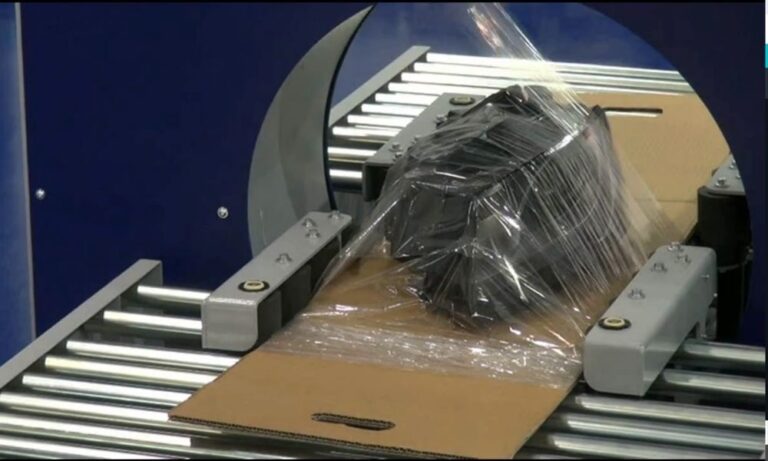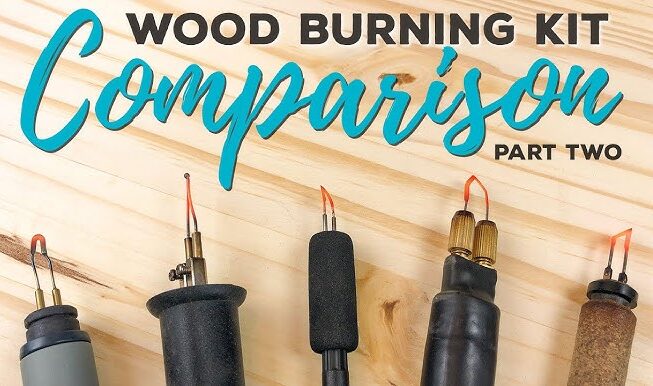Understanding Interstitial-Free (IF) Steel: Properties and Applications
Interstitial-free (IF) steel is a type of steel known for its unique composition and properties that make it suitable for specific industrial applications. In this article, we explore what interstitial-free steel is, its characteristics, manufacturing process. And its diverse range of applications across various industries.
What is Interstitial-Free (IF) Steel?
Composition
Interstitial-free steel is primarily low-carbon steel that has been specially processed to minimize or eliminate interstitial elements such as carbon, nitrogen, and sometimes oxygen. These elements, when present in steel, can adversely affect its formability and ductility.
Properties
- High Formability: IF steel is renowned for its excellent formability. Which makes it ideal for applications requiring complex shapes or deep drawing processes.
- Strength: Despite its high formability, IF steel retains adequate strength and toughness, ensuring structural integrity in applications.
- Surface Quality: IF steel typically exhibits good surface quality. Making it suitable for applications where surface finish is crucial, such as automotive body panels.
Manufacturing Process
IF steel is produced through a specialized manufacturing process that involves:
- Decarburization: Reducing the carbon content to minimal levels through processes like vacuum degassing or other refining methods.
- Controlled Rolling: Ensuring precise rolling conditions to maintain the desired mechanical properties and microstructure.
- Annealing: Heat treatment process to enhance ductility and eliminate residual stresses, improving formability.
Applications of Interstitial-Free (IF) Steel
Automotive Industry
IF steel is widely used in the automotive industry for manufacturing:
- Body Panels: Due to its high formability and excellent surface quality, IF steel is used for manufacturing automotive body panels, including doors, hoods, and fenders.
- Structural Components: It is also employed in structural components where high strength and formability are required, contributing to vehicle safety and performance.
Household Appliances
In the manufacturing of household appliances, IF steel finds applications in:
- Appliance Enclosures: Used for producing outer casings and enclosures of appliances such as refrigerators, washing machines, and ovens due to its formability and aesthetic appeal.
Industrial Applications
IF steel is utilized in various industrial sectors for:
- Containers and Tanks: Manufacturing containers, tanks, and other storage units where corrosion resistance and formability are essential.
- Construction: Applications in construction where lightweight yet strong materials are required for structural components.
Advantages of Interstitial-Free (IF) Steel
- Enhanced Formability: Allows for the production of intricate and complex shapes without compromising material integrity.
- Improved Surface Quality: Provides smooth surface finishes, reducing the need for additional finishing processes.
- Cost-Effective: Optimizes manufacturing processes and reduces waste, contributing to overall cost savings.
Conclusion
Interstitial-free (IF) steel represents a significant advancement in steel manufacturing. Offering enhanced formability, strength, and surface quality for a variety of industrial applications. Its versatility and performance make it a preferred choice in industries ranging from automotive manufacturing to household appliances and beyond. As technology continues to advance, IF steel is likely to remain integral to the production of high-quality, durable. And aesthetically pleasing products across global markets.







